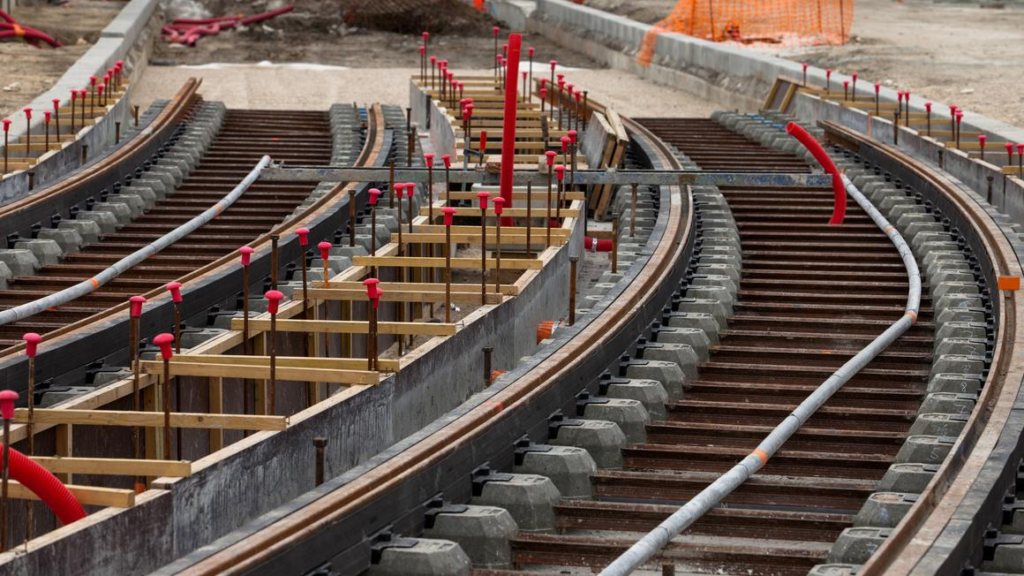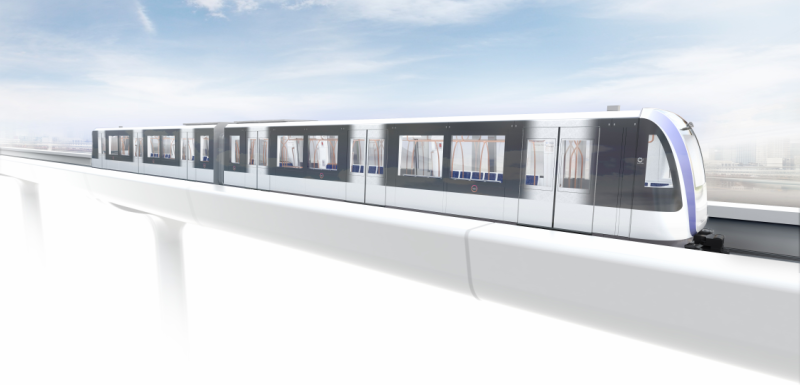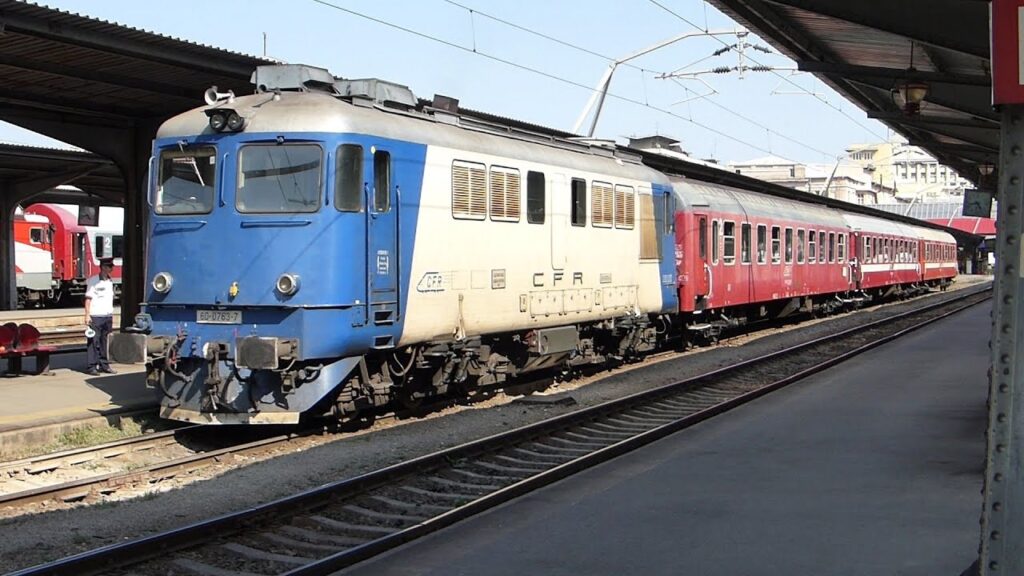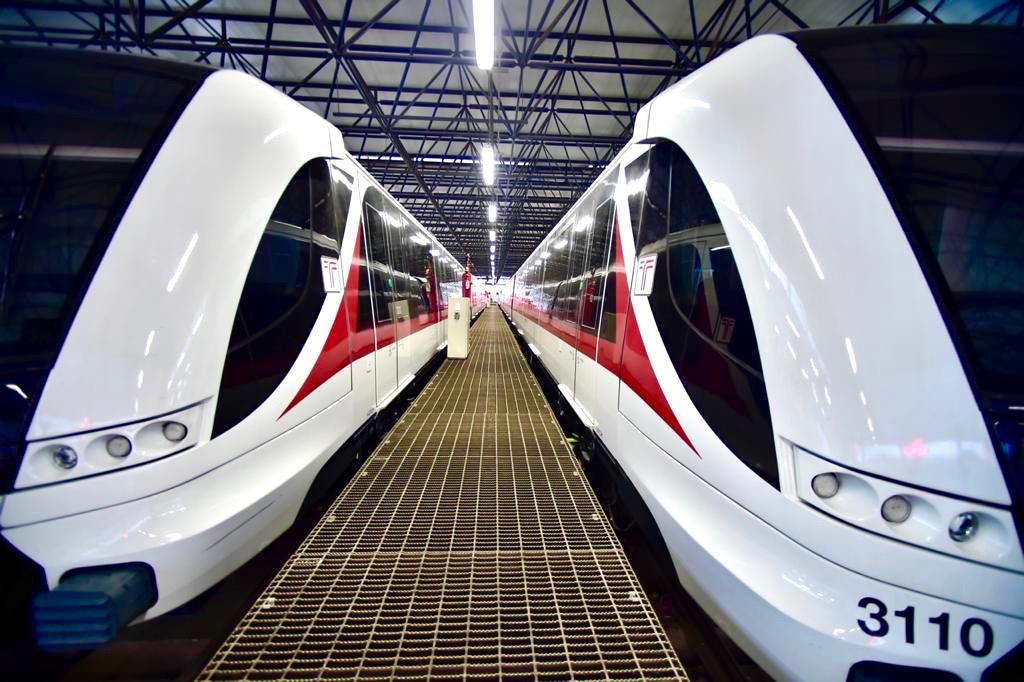Alstom to build two infrastructure sections on Florence tramway Line 4
January 12, 2024 – Alstom SA (Paris: ALSO), a global leader in smart and sustainable mobility, has been awarded a contract by the Municipality of Florence, valued at € 50 million for the construction of…



